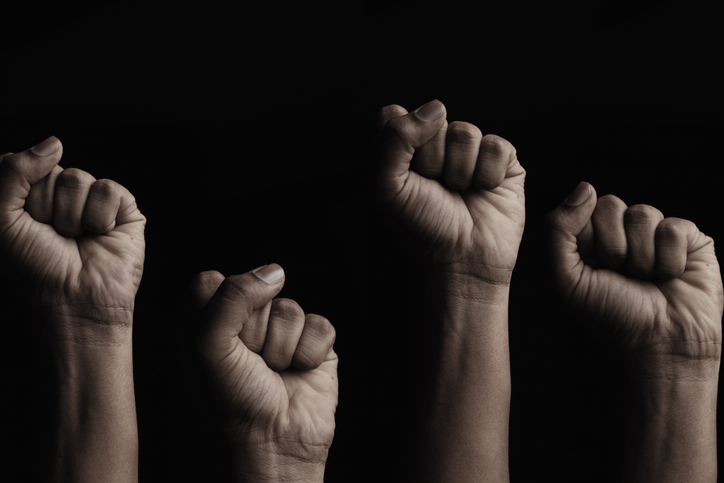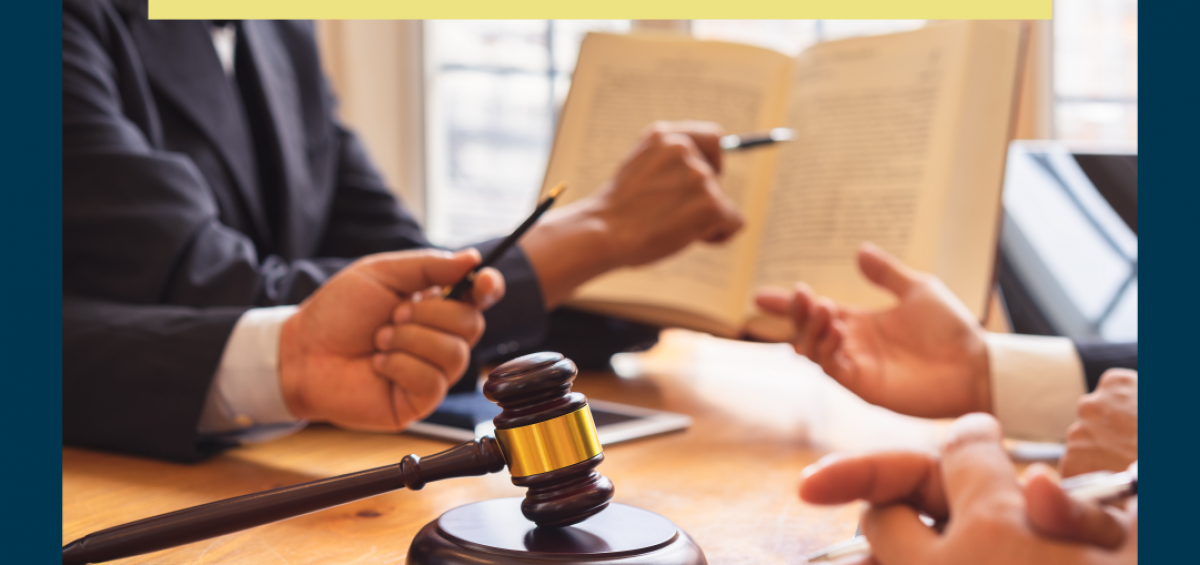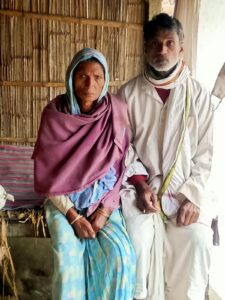30 crore
Indians cannot read
89.4%
Don’t Speak English
40%
Who had a legal dispute would not approach the police
30%
Would not approach lawyers
The challenge is that our country’s vast system of laws make it difficult for citizens to be aware of their rights and understand how to enforce them. Language is also a big challenge and since legal information is mostly available in English, and it’s written in a manner that is complex, it becomes even more difficult to comprehend. All of these factors lead to a wide gap between the law on paper and how it actually operates.
Citizens need simple, actionable, reliable and accessible legal (SARAL) information in languages they are familiar with and contextualised to their geographic location.

Nyaaya’s Access to Justice Network will help citizens to bridge the gap between understanding their rights under the law and using the justice delivery systems to enforce their rights.
The Access to Justice network comprises practicing lawyers, law students, community based organisations and legal aid clinics from educational institutions across the country who volunteer with Nyaaya and play an instrumental role in removing barriers into access to justice. We first launched the Access to Justice network to facilitate a prompt and smooth response to our Ask Nyaaya helpline. Since then, the network has evolved into a one of a kind platform for lawyers and law students and social development professionals to share their work, learnings and expertise.
What is the Access to Justice Network?
Our Journey
Stories of Impact
Voices from the Field
Every organisation we worked with underlined the overwhelming need for legal assistance from a local legal expert available to their beneficiaries. This is where our Access to Justice Network can provide last mile support to those who need it the most, thus closing the loop at the grassroots.
The Three Pillars of the Access to Justice Network

Student Volunteers
Community Based Organisations
Practicing Lawyers

